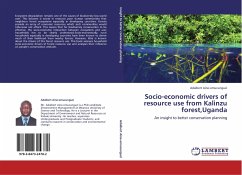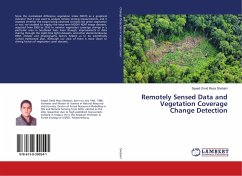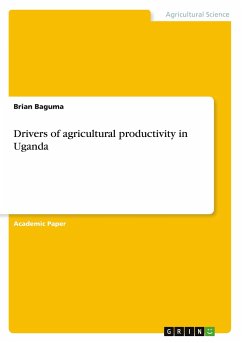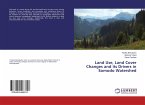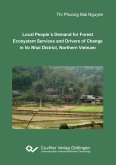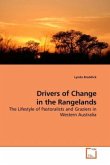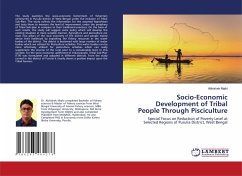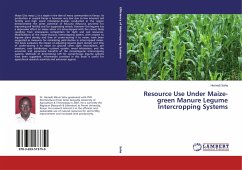Ecosystem degradation remains one of the causes of biodiversity loss world over. This become is worse in resource poor human communities that neighbour forest ecosystems especially in developing countries. Forests provide an array of economic resources which such communities would otherwise not afford. This means that for biodiversity conservation to be effective, the socio-economic interaction between ecosystems and user households has to be clearly understood.Socio-economically, rural households especially in developing countries have been known to derive much of their livelihood from nearby forests. However, little is known about the drivers of this forest resource use. This book assesses household socio-economic drivers of forest resource use and analyses their influence on people s conservation attitude.
Bitte wählen Sie Ihr Anliegen aus.
Rechnungen
Retourenschein anfordern
Bestellstatus
Storno

